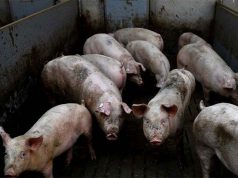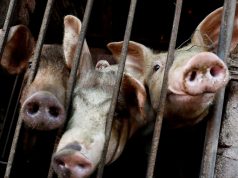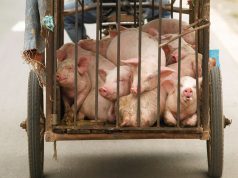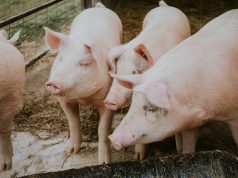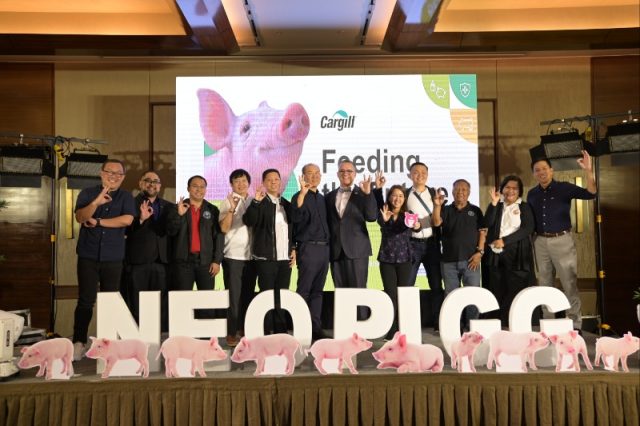
Biosecurity protocols and a nutrition solution for piglets were highlighted as among the solutions to the growing threat of African Swine Fever (ASF) in the Philippines.
Cargill Philippines, the country unit of the global agricultural company, explained that these solutions can help breeders and their swine population recover from the ASF.
Biosecurity protocols
Biosecurity protocols in the swine industry refer to preventive measures against the further spread of the deadly disease among pig populations.
While these measures were already put in place since the onset of ASF in the country, Cargill pointed out that breeders have to keep them up to date to prevent more outbreaks.
On its website, some of the biosecurity protocols that the company has been strengthening include “quarantining key ingredients, implementing thermal and chemical treatment practices, investing in state-of-the-art biosecurity equipment and conducting comprehensive training programs for employees and customers.”
Modern farming
In response to the still prevalent ASF cases in farms, Cargill is pushing for breeders, hog owners and other stakeholders to invest in modern farming with digital technology.
These include modern facilities, methods and feeding of the animals.
In line with this, Cargill launched its manual called the “ASF Playbook” containing the company’s best practices from its partners in different parts of the world.
In an event last April, Sonny Catacutan, country president of Cargill Philippines and managing director for Cargill’s animal nutrition business, expressed hope that this book can help affected hog enterprises recover and be empowered with their farms.
“It’s a manual; it’s a guide; it’s transferring best practices to our partners for those who want to continue to produce pigs and those who want to repopulate, empower them, give them security and peace of mind for their investments that they make in their farm,” Catacutan said.
He also stressed the importance of digitalization in Philippine agriculture.
“Digitalization should be at the core of modern farming allowing our farmers to have the right data, to have the right information when they make production decisions,” Catacutan said.
Food for piglets
Cargill also pushed for the right nutrition to be given to piglets through its product called Neopigg.
Neopigg Solutions is the company’s flagship product for young animal nutrition. It ensures 80% Class AB piglets at 70 days, resulting in increased profitability.
Cargill promoted Neopigg as a product that is “designed to help piglets start strong, power through weaning, and transition smoothly into the grower-finisher phase.”
In a separate statement, Catacutan explained the company’s view about the need to provide proper nutrition for animals while they are still young.
“It is our belief that the nutrition provided to animals during the early stages of their life significantly impacts their health, growth, and viability,” he said.
“As a growth partner, we are committed to enabling farmers and providing them with the tools to get the foundation right to improve animal well-being and farm productivity,” the Cargill executive said.
Cargill was previously the host of the Animal Nutrition Summit with the theme “Feeding the Future” at the Solaire Resort and Casino last April 26.
The Animal Nutrition Summit gathered representatives from both the private and public sectors involved in the Philippines’ swine industry.
These include the National Federation of Hog Farmers, Inc., the Pork Producers Federation of the Philippines, Inc. and the Department of Agriculture.




